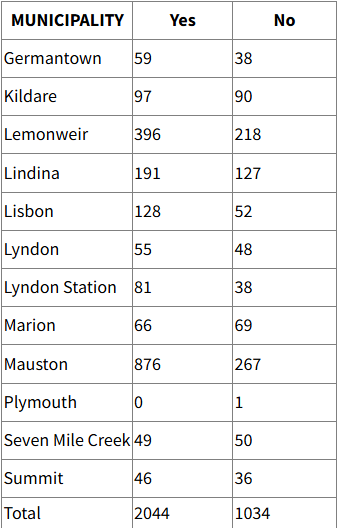This is going to change rapidly when the Wisconsin Supreme Court illegally rescinds Act 10.
(The Center Square) – Wisconsin ranked 22nd in the American Legislative Exchange Council’s new labor policy rankings.
The state was graded with a total of three stars while Arizona and Utah led the way with 5.5 stars and both Alabama and Arkansas had five stars.
“Wisconsin made history with Act 10, a landmark reform that stood up to entrenched special interests and put power back in the hands of taxpayers,” said Alan Jernigan, manager of the ALEC Commerce, Insurance and Economic Development Task Force. “That moment inspired a national movement. But real reform is never a one-time event, it’s a continuous process.”


